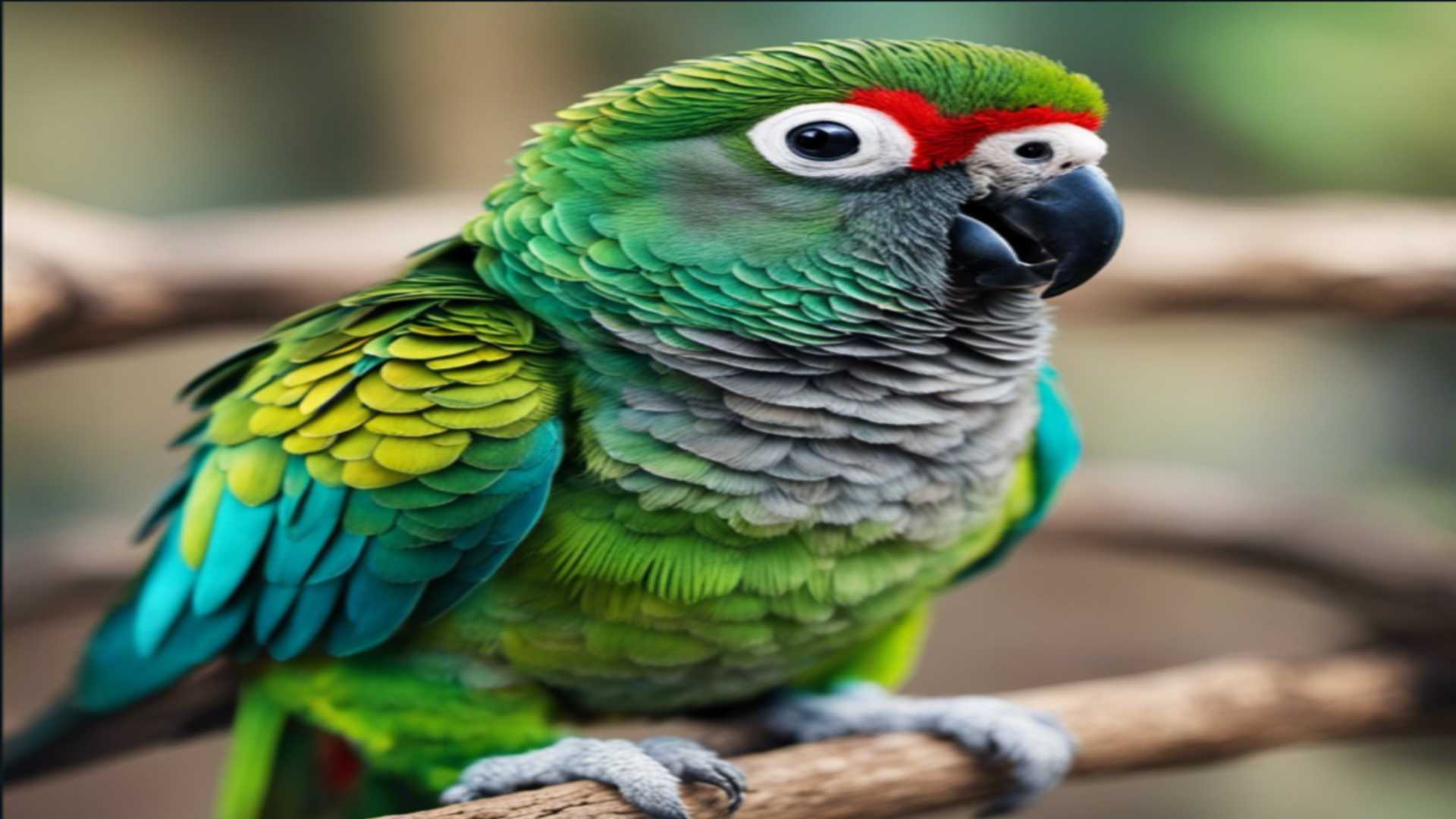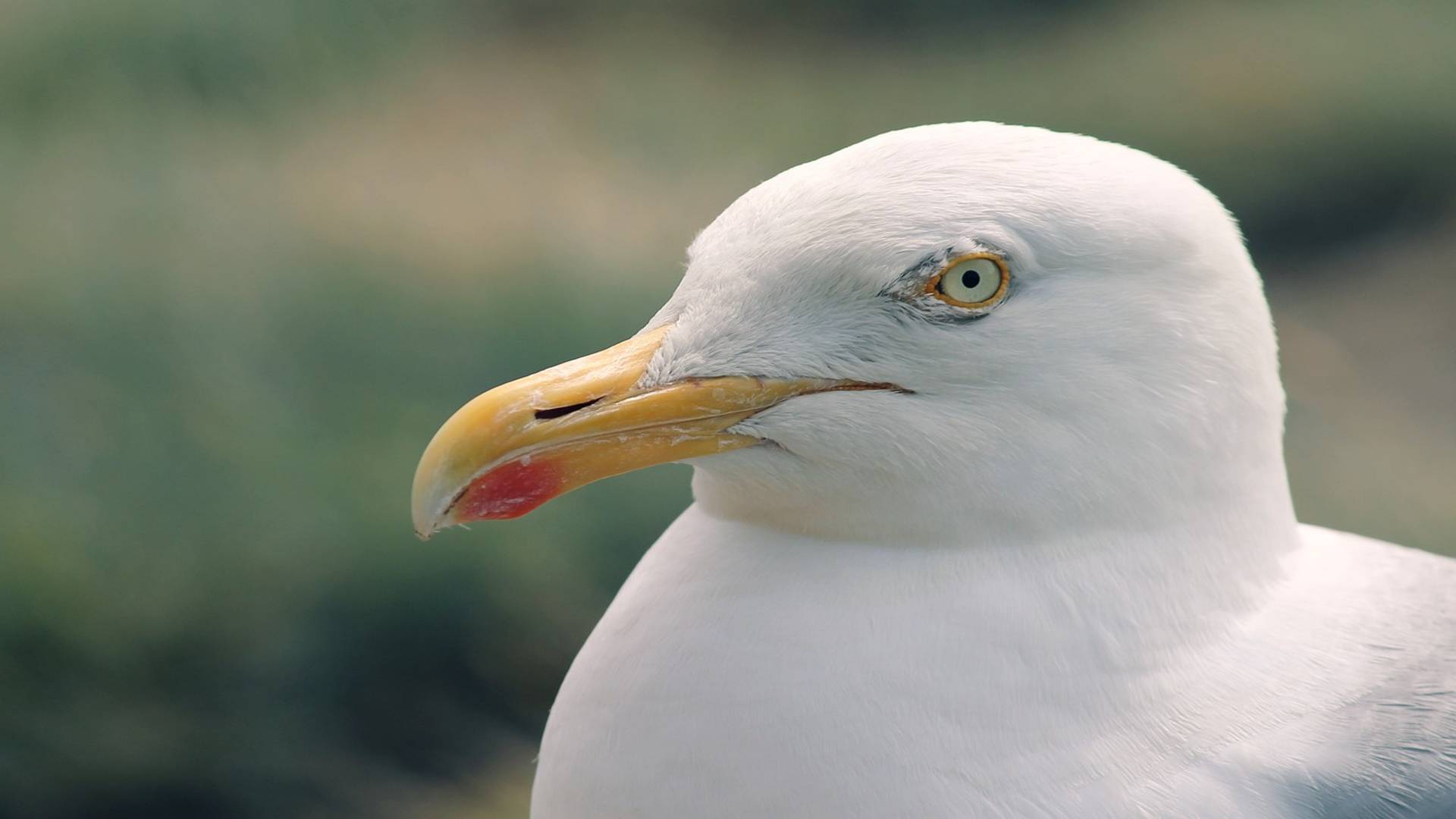As a bird owner, I know firsthand how difficult it can be to stop conure fighting. These small parrots are known for their feisty personalities and can sometimes become aggressive toward each other, especially if they are not adequately socialized or feel threatened.
That’s why I’ve put together this guide of tips and tricks on how to stop conure fighting in your home. These strategies will help you create a peaceful atmosphere, reduce stress, and encourage your birds to get along better.
Let’s start by discussing why conures fight!
What causes conure fighting?
Conures are social birds that form strong bonds with their flock mates, but they can also be aggressive toward each other if they feel threatened.
As a bird owner, I have observed that a variety of factors can cause conure fighting.
Territorial aggression
One of the most common causes of conure fighting is territorial aggression, competition for resources such as food and water, hormonal changes, stress, and boredom.
They are naturally territorial birds and may become aggressive towards other birds that they perceive as a threat to their claimed territory.
Fear
Another cause of conure fighting is fear. If a bird is scared or feels threatened, it becomes aggressive toward other birds. This is especially true for birds that are not used to being handled or socialized with other birds.
Jealousy
Jealousy can also be a factor in conure fighting. If one bird perceives another bird as receiving more attention or affection from their owner, it may become jealous and aggressive towards that bird.
Are your conures fighting or playing?
In order to determine if your conures are fighting or playing, it’s essential to pay attention to how they interact.
When conures are playing, they will often make gentle contact with each other and use their beaks to preen each other. They may also chase each other around and flap their wings in excitement.
On the other hand, when conures fight, their behavior is much more aggressive. They may lunge at each other with their beaks, chase each other around, and make loud screeching noises.
Types of conure fighting
Conure fighting can be divided into two main types: aggressive and defensive. Fierce fighting is when a bird takes the initiative to attack another bird, while defensive fighting is when a bird responds aggressively to an attack.
In either case, it’s essential to understand the triggers that lead to conure fighting to stop it from occurring.
7 Tips to stop conure fighting
Now that you know what causes conure fighting, let’s move on to my five tips for stopping it!
1. Provide adequate space
As a responsible conure owner, I know that providing adequate space for my pet bird is essential.
Conures are social animals but also need their own space to feel comfortable. Inadequate space can lead to stress and aggression, which can result in fighting between conures.
Therefore, I make sure that my conures have enough space to move around and play in their birdcage.
2. Establish a routine
Conures thrive on routine, and having a consistent daily routine can help prevent fighting between them.
I establish a routine for feeding, playtime, and sleep to keep my conures happy and healthy. This routine also helps them know what to expect, which reduces stress and anxiety.
3. Provide mental stimulation
Conures are intelligent birds that require mental stimulation to keep them engaged and happy.
I provide my conures with toys, puzzles, and other mentally stimulating activities to prevent boredom and reduce the likelihood of fighting.
4. Socialize your conure
Socializing my conures is crucial to prevent fighting. I introduce them to other birds and people to help them develop social skills and reduce aggression toward other birds. I make sure to supervise their interactions and intervene if necessary.
5. Train your conure
Training my conures using positive reinforcement techniques is an effective way to prevent fighting. I teach them tricks and behaviors that promote good behavior, such as stepping up and coming when called. Repetition and consistency are key to successful training.
6. Provide toys and treats
Providing my conures with toys and treats is another way to prevent fighting. Toys help keep them occupied and entertained, while treats provide positive reinforcement for good behavior. I make sure to choose toys and treats that are safe for my conures and appropriate for their age and size.
7. Observe body language
Body language is definitely a factor when it comes to understanding conure fighting. Aggressive birds often puff their feathers, lower their heads, and make loud noises.
Bird owners need to be able to recognize these signs and take appropriate action to prevent fighting.
Dealing with conure fighting
Conure fighting can be a stressful situation for conure owners, but there are steps that can be taken to manage and prevent it.
Breaking up a fight
When dealing with conure fighting, the first step is to break up the fight as quickly and safely as possible. It is important to avoid getting bitten or injured while doing so.
One way to break up a fight is to distract the birds with a loud noise, such as clapping your hands. Another option is to separate them physically by using a towel or a stick to gently push them apart.
It is important to avoid using force or aggression towards the birds, as this can escalate the situation.
Handling aggressive conures
If you have an aggressive conure, it is important to handle them carefully and with patience. Approach them slowly and calmly, avoiding sudden movements.
It is also important to avoid punishing the bird for its behavior, as this can worsen aggression. Instead, try to understand why the bird is behaving aggressively and address the underlying issues.
Addressing underlying issues
Various underlying issues, such as territorial disputes or traumatic experiences, can cause conflict. It is crucial to identify and address these issues to prevent future fights.
Provide each bird with its own space and resources, such as separate food and water bowls and perches, as well as plenty of toys and activities to keep the birds mentally stimulated and prevent boredom.
In some cases, conure fighting may be caused by neglect or lack of socialization. If this is the case, it is important to spend time with the birds and provide them with plenty of attention and interaction.
If the aggression persists despite your efforts, it may be necessary to seek the help of a professional bird behaviorist or veterinarian.
How do you get two conures to get along?
Getting two conures to get along can take time and patience, but with the right strategies in place, it is possible. Here are a few tips to help get your conures on the path to becoming friends:
- Introduce them gradually. Introducing your two birds slowly and carefully can help them become used to each other’s presence. Start by placing their cages side by side or in the same room and then gradually increasing their interactions over time.
- Provide plenty of distraction. Keeping your conures busy with toys, treats, and other activities can help keep them from focusing on each other. Make sure to provide each bird with its own space and resources.
- Be consistent. Consistency is key when it comes to training birds. Make sure to establish rules for your birds and stick to them. Praise good behaviors and correct bad ones to reinforce positive behaviors.
- Provide plenty of love. Positive reinforcement is important when it comes to training birds. Make sure to provide your birds with plenty of love and attention, as this can help teach them that fighting is not the way to get what they want.
- Seek professional help. If all else fails, it may be necessary to seek the help of a professional bird behaviorist or veterinarian. They can offer valuable advice and guidance on best handling your situation.
Summary
Before we move on to the conclusion, we’ve summarized this article into a short list of key points for you to remember:
- When dealing with conure fighting, break up the fight as quickly and safely as possible, handle aggressive conures with patience, and address underlying issues.
- To get two conures to get along, introduce them gradually, provide plenty of distraction, be consistent, provide plenty of love, and seek professional help if necessary.
- Conures may become aggressive towards each other due to territorial aggression, fear, and jealousy.
Conclusion
That’s all for now, but hopefully, this guide has given you some insight into how to stop conure fighting. It is never an easy task, but with patience and persistence, it is possible to help your birds get along. Good luck!
Want to learn more about conures?
Ready to boost your knowledge to the next level? If so, check out the articles below:
- Conure Chirping Meanings ( With Video)
- Are Conures Smart? If so, How Smart Are They?
- How Do You Stop Conures From Breeding? (Explained)





